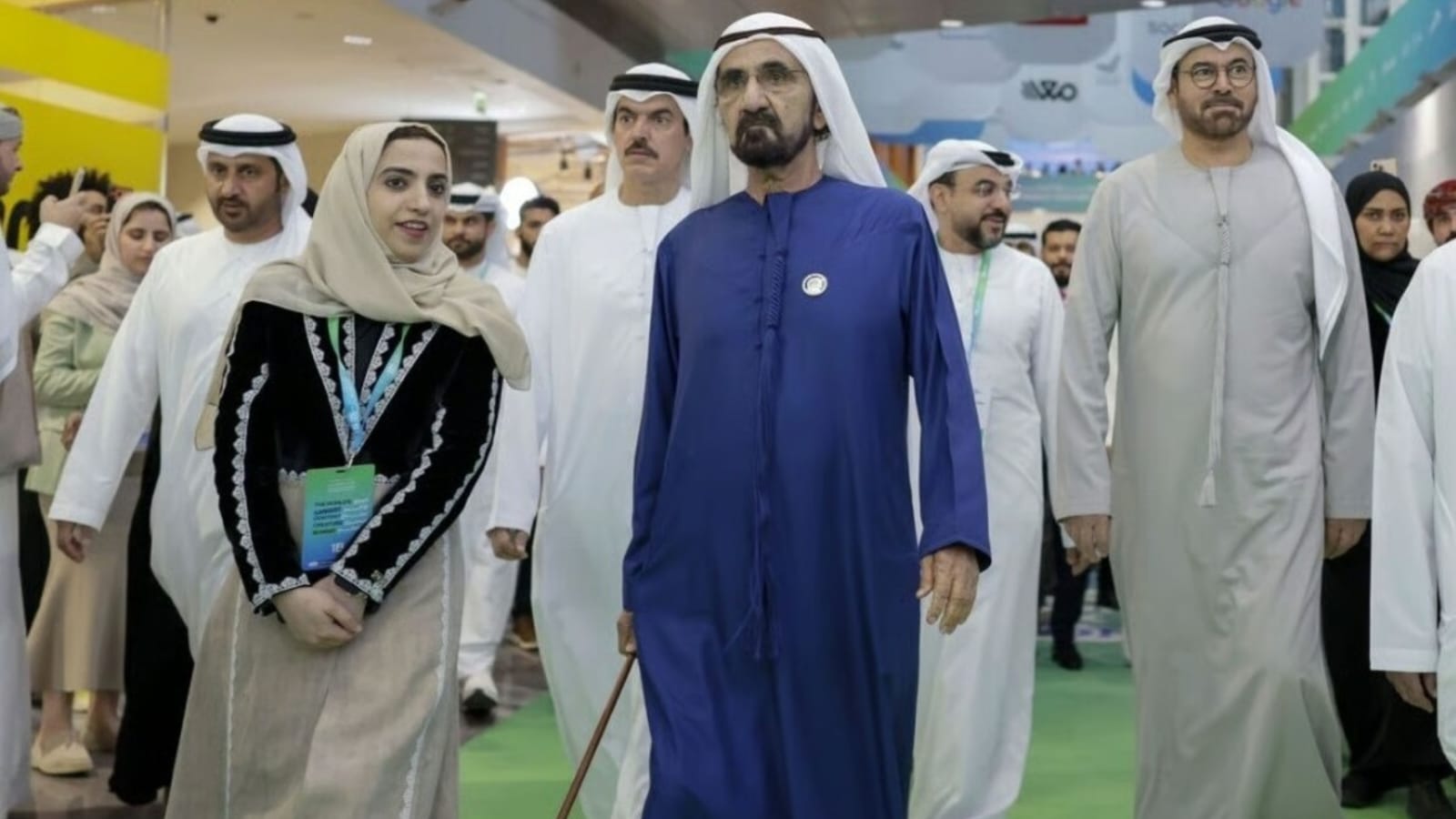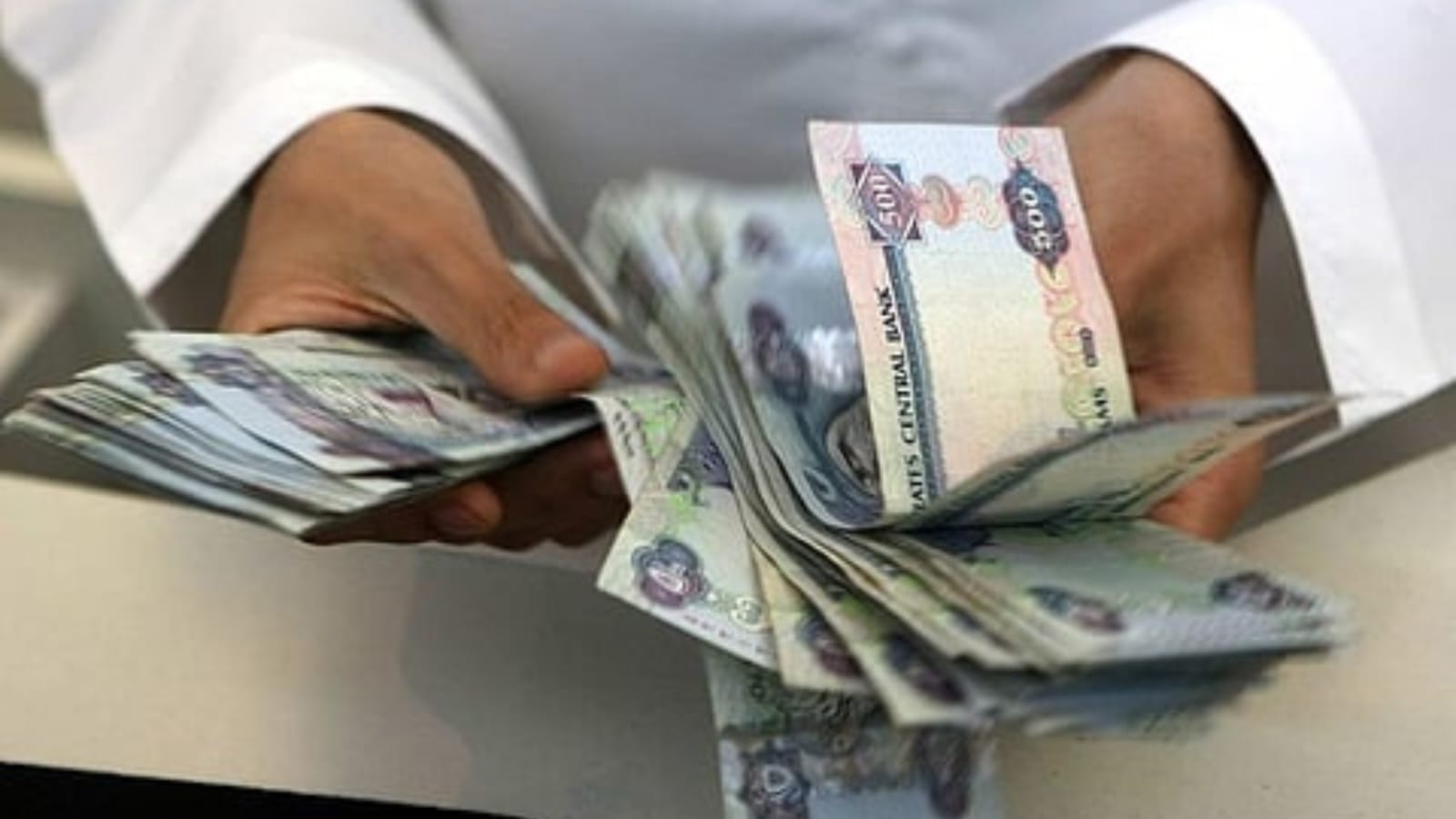QatarEnergy and Japan Explore Strategic LNG Partnership

In a strategic move aimed at reinforcing its longstanding presence in the global energy market, QatarEnergy is currently in talks with a consortium of Japanese companies to establish a long-term liquefied natural gas (LNG) supply agreement. The proposed deal would involve a minimum supply volume of three million metric tons of LNG per annum, distributed among several Japanese importers. This agreement is being considered at a time when the global LNG landscape is becoming increasingly competitive, with new players such as the United States, United Arab Emirates, and Oman offering flexible contract structures.
Strengthening Qatar’s LNG Leadership Amid Growing Global Competition
QatarEnergy, ranked among the top three LNG exporters globally in 2024 alongside the United States and Australia, exported approximately 79.54 million metric tons last year. The new discussions with Japanese firms represent a pivotal opportunity for the Gulf state to reaffirm its influence in one of the world’s most critical energy markets. Japan, the second-largest LNG importer globally after China, remains a vital partner for Qatar, despite recent declines in bilateral LNG trade volume.
This potential agreement would not only enhance Qatar’s export portfolio but also reflect its ambition to maintain a dominant role in Asia’s energy security. As competition increases, QatarEnergy is doubling down on long-term strategies and infrastructure development, notably its ambitious North Field Expansion project, which aims to increase annual LNG production to 142 million tons by 2030.
Japanese Energy Diversification and Supply Security
From the Japanese perspective, the negotiations with QatarEnergy are a calculated part of a broader national strategy to diversify energy sources. Japanese firms including JERA, the country’s largest power generator, and Mitsui & Co are reportedly part of the discussions. Both companies have been actively seeking more resilient energy procurement strategies following several global supply disruptions and surging energy demands driven by industrial growth and digital infrastructure, including data centers and AI.
JERA, in a recent earnings call, emphasized its goal to diversify LNG supply origins beyond the Asia-Oceania region. Naohiro Maekawa, JERA’s head of financial strategy and planning, noted the importance of exploring supply opportunities in the Middle East and North America to support Japan’s long-term energy security.
North Field Expansion: A Strategic Global Energy Project
Central to QatarEnergy’s vision is the North Field Expansion, the world’s largest LNG project. The project plans to boost Qatar’s output from 77 million tons per annum to an unprecedented 142 million tons by 2030. This would give Qatar a significant edge in global supply capabilities, enabling it to cater to growing energy needs from fast-developing economies and tech-driven societies.
Previously, Qatar’s LNG exports to Japan peaked between 2012 and 2014 at 15–16 million tons per annum, especially after the 2011 Fukushima disaster, which led Japan to temporarily shut down its nuclear reactors. Qatar stepped in with timely supply commitments, reinforcing its reputation as a dependable LNG partner. However, as Japan gradually restarted its nuclear energy operations, LNG imports from Qatar reduced significantly, reaching just under 3 million tons in 2024.
Balancing Commercial Flexibility with Long-Term Energy Stability
The potential revival of long-term contracts with Japan underlines the evolving dynamics in global LNG trade. East Asian buyers, including Japan and South Korea, have recently shown a preference for more flexible contract terms, which has occasionally put them at odds with Qatar’s long-term deal model. Still, both parties recognize the strategic advantages of securing reliable and stable supplies amidst rising geopolitical uncertainty and energy market volatility.
For QatarEnergy, striking a long-term deal with Japan would not only solidify commercial ties but also serve as a testament to its reliability as an energy supplier. For Japan, this could be a cornerstone agreement, ensuring steady LNG inflow from a trusted source while maintaining energy price stability for domestic industries.
Middle East LNG Exports: Rising Competition and Collaboration
While Qatar leads the LNG race in the region, it faces increasing competition from fellow Gulf countries like the United Arab Emirates and Oman. These nations have introduced newer, more adaptable LNG deals, attracting buyers seeking favorable financial and contract terms. Despite this, QatarEnergy’s deep reserves, infrastructure, and established reputation continue to place it ahead in terms of sheer capacity and global reach.
The ongoing discussions with Japan could help QatarEnergy differentiate itself further from its regional counterparts. Should a long-term agreement be reached, it would send a strong message to global markets about Qatar’s capacity to meet rising LNG demand, especially in Asia.
Strategic Implications for Global LNG Trade and Partnerships
This prospective agreement could be more than a routine commercial transaction—it has the potential to reshape LNG trading patterns between the Middle East and East Asia. It may also trigger similar negotiations between other LNG producers and major buyers, particularly in regions looking to secure long-term energy stability amidst rising environmental, political, and economic uncertainties.
Moreover, a successful deal between QatarEnergy and Japan could encourage similar partnerships with other East Asian buyers such as South Korea, Taiwan, and emerging Southeast Asian economies. These countries are all facing rising energy needs, and many are moving away from coal and nuclear options, putting LNG in a more favorable spotlight.
Japan’s Forward-Looking Energy Policy
Japan’s approach to LNG procurement is being shaped by technological progress and sustainability targets. As digital infrastructure like data centers expands and AI-driven industries grow, stable energy becomes indispensable. Furthermore, Japan is working toward reducing its carbon footprint, and LNG serves as a transitional fuel in its shift from coal to renewables.
With a focus on future-proofing its energy grid, Japan continues to explore opportunities to collaborate with LNG suppliers that align with both its environmental and economic goals. A new agreement with Qatar could fit squarely into this strategy, offering long-term reliability while other sources ramp up.
An Emerging Energy Chapter for Asia and the Middle East
The QatarEnergy–Japan negotiations may herald a new chapter in international energy cooperation. The talks signal not only Qatar’s return to form in the Japanese LNG market but also a shared commitment to long-term energy resilience in a volatile global landscape. As the world grapples with complex energy demands and a necessary transition toward cleaner fuels, reliable LNG partnerships like the one under consideration could play a pivotal role.
For Qatar, this agreement would reinforce its global LNG leadership. For Japan, it ensures a diversified, dependable, and strategic energy supply. Both nations stand to benefit, while global energy stakeholders watch closely as this potential agreement unfolds.







